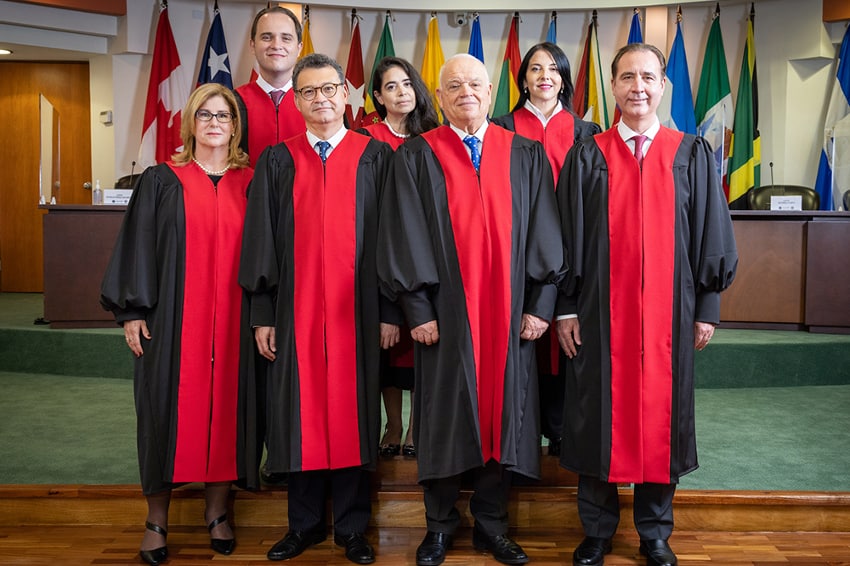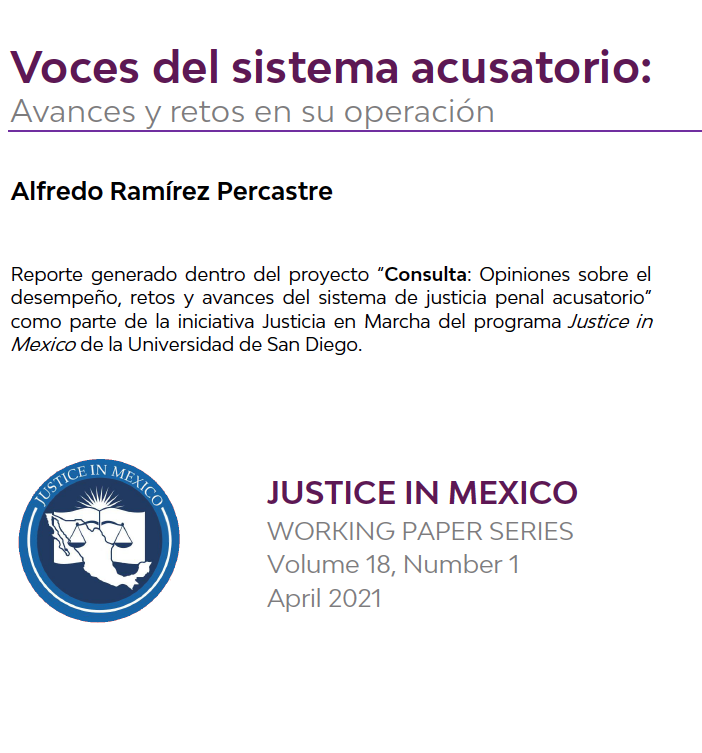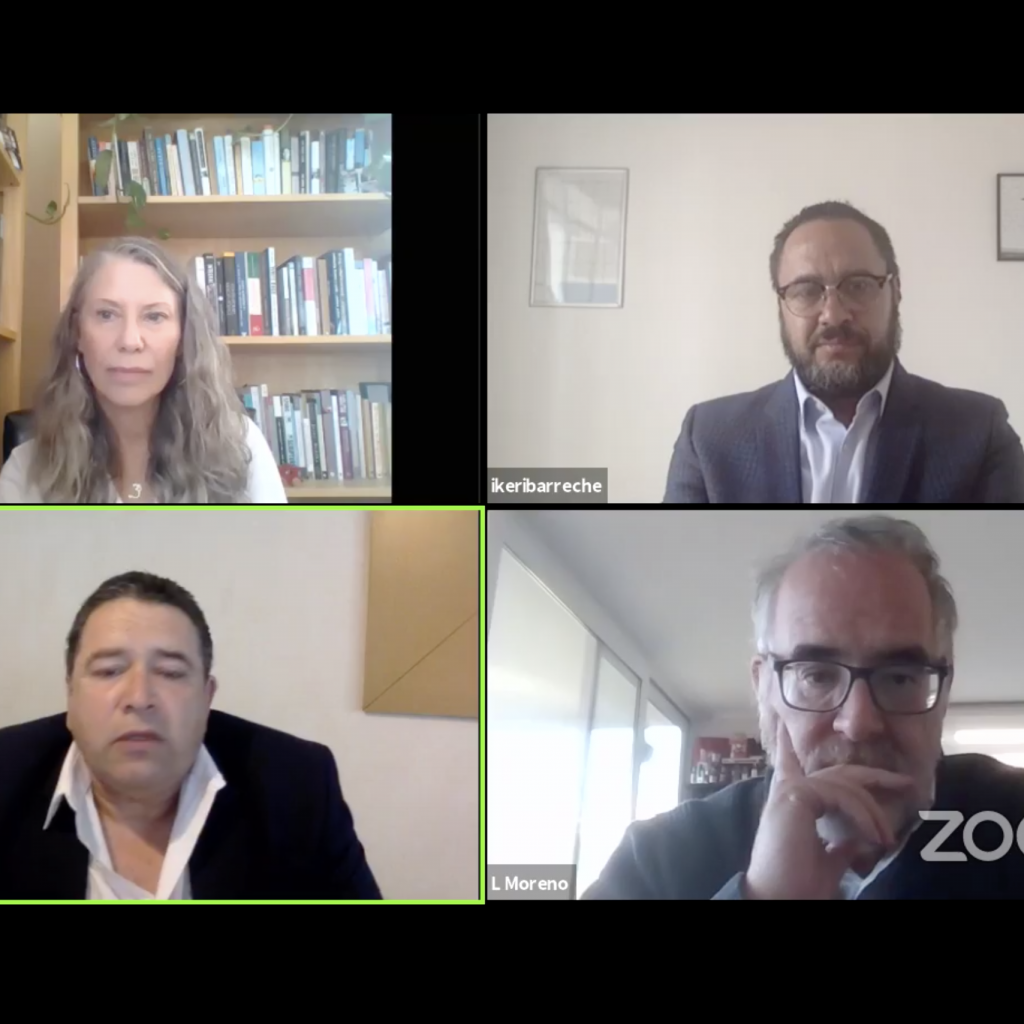
12/19/13 — A reform that would grant Mexico’s Attorney General’s Office (Procuraduría General de la República, PGR) independence from the Executive Branch has been approved. The bill, which will reform Article 102 of the Mexican Constitution, was initially passed in the Senate by a vote of 105-15 on December 3, and again approved on December 13 with a vote of 95-11 after the House of Representatives made some minor adjustments.
The reform will require the creation of the Fiscalía General de la República to replace the PGR, and will grant Congress a more pronounced role in the Fiscalía at the expense of the Executive’s. Any candidate the president chooses to head the Fiscalía will now also have to be approved by the Senate. As well, the president can no longer remove the head of the Fiscalía at will; rather it has to be for “grave causes as established by the law.” The Senate will still be given the power to overturn a president’s removal of the Fiscalía director within ten days if two-thirds of the chamber agrees. The reforms will take place at the end of the Peña Nieto administration (2012-2018).
According to a national survey by media outlet Excélsior, the public largely approves of the reform. 67% of those surveyed support the independence granted to the Fiscalía, while 73% approve of the Senate’s new role in naming its director. Meanwhile 62% believe the transformation of the PGR into a more independent body removed from the Executive will improve or strongly improve the deliverance of justice and prosecution of crimes.

The reform is part of a bigger political package, Reforma Política, for which the Peña Nieto administration has advocated since taking office in December 2012. Along with the transformation of the PGR and a number of smaller reform items, Congress also approved the ability of federal, state, and municipal legislators—excluding the president—to run for re-election and serve up to a 12-year term. In addition, a new election oversight committee, the National Electoral Institute (Instituto Nacional Electoral, INE), will replace the current Federal Electoral Institute (Instituto Federal Electoral, IFE), and will now be in charge of naming its president and the members of the states’ electoral institutes, a power that has previously resided with Congress. It also will allow for the annulling of election results if candidates exceed campaign-spending limits. Like the modifications to the PGR, these reforms will also begin in 2018.
The passage of the Reforma Política, which the Associated Press called “the most dramatic political reform attempt in decades,” allowed Congress to shift its attention to the highly anticipated energy reform bill that will allow the privatization of oil monopoly Petroleos Mexicanos (Pemex), which has been state-owned for the past 75 years. That bill strongly and swiftly passed through Congress this month, and now awaits President Peña Nieto’s signature into law.
Sources:
“Senadores aprueban en lo general la Reforma Política.” Animal Político. December 3, 2013.





For a critical take on this reform, see Denise Dresser’s column, “Questioning the Political Reform Law”, translated from Reforma.
http://mexicovoices.blogspot.mx/2013/12/mexico-questioning-political-reform-law.html
For a more critical take on the reform, see Denise Dresser’s “Questioning the Political Reform Law”, translated from Reforma.
http://mexicovoices.blogspot.mx/2013/12/mexico-questioning-political-reform-law.html